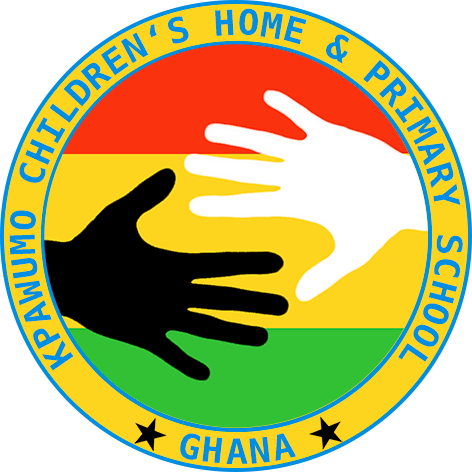The Kpawumo Children’s Home & Primary School
were founded by and are supported by the local village community, aim of the project is to provide children with a good education and if necessary give them a place to stay and provide healthcare needs.
 The local social worker Issah Dawuda started the Children’s Home when he gave orphans a place to stay in his own home, which has now developed into the Children’s Home giving 8 to 12 children a home, two of those are disabled.
The local social worker Issah Dawuda started the Children’s Home when he gave orphans a place to stay in his own home, which has now developed into the Children’s Home giving 8 to 12 children a home, two of those are disabled.
To give these children a proper education the community opened the Kpawumo Primary School. In Ghana school is generally free up to class 6, this however does not include school uniforms, teaching materials, transport and other basic needs, all this has to be paid by the parents, often not possible for parents and families from a basic rural background.
As of now the school and kindergarten have 200 students in all, they are looked after and taught by a headmaster and 5 teachers. Responsible for the school is a supervisory board.
The Children’s Home and schoosl are financed by the German booster club Kpawumo Goettingen e.V. and donations.
Our volunteer program offers the children contact to other cultures and helps improving their english. The teachers are mainly financed by donations from the volunteer program.
Organisational structure
Both Children’s Home and school are run by the supervisory board consisting of the chief Mr. Iddrisu Imoro, the social worker Mr. Issah Dawuda, the headmaster Mr. Abdul-Rahaman Zakaria, the teachers Mrs. Abdul-Wahab F. Zararaw, Mr. Markus Kubitza MD and the council members Mr. Abdul-Mumin Abdul-Fataw, Mr. Ali Danjummah and Mr. Alhassan M. Abdulai. Working for the supervisory board is voluntary, except for the headmaster, the social worker and the two teachers.
Financing
is solely provided through donations. The school and Children’s Home have to cover costs for its employees.
The Children’s Home is also supported by donations in kind from the community.
In 2015 the school has received donations of about € 2,500 and considerable donations in kind from the local community, taking care for the support of the Children’s Home but leaving a big pay gap for the employees.
To provide a better financial basis the school wants to strengthen the volunteer program, target is to constantly have at least two donating volunteers at a time.
The Children’s Home and the primary school are officially recognised as a charitable institution.



You must be logged in to post a comment.